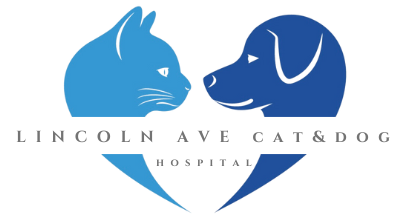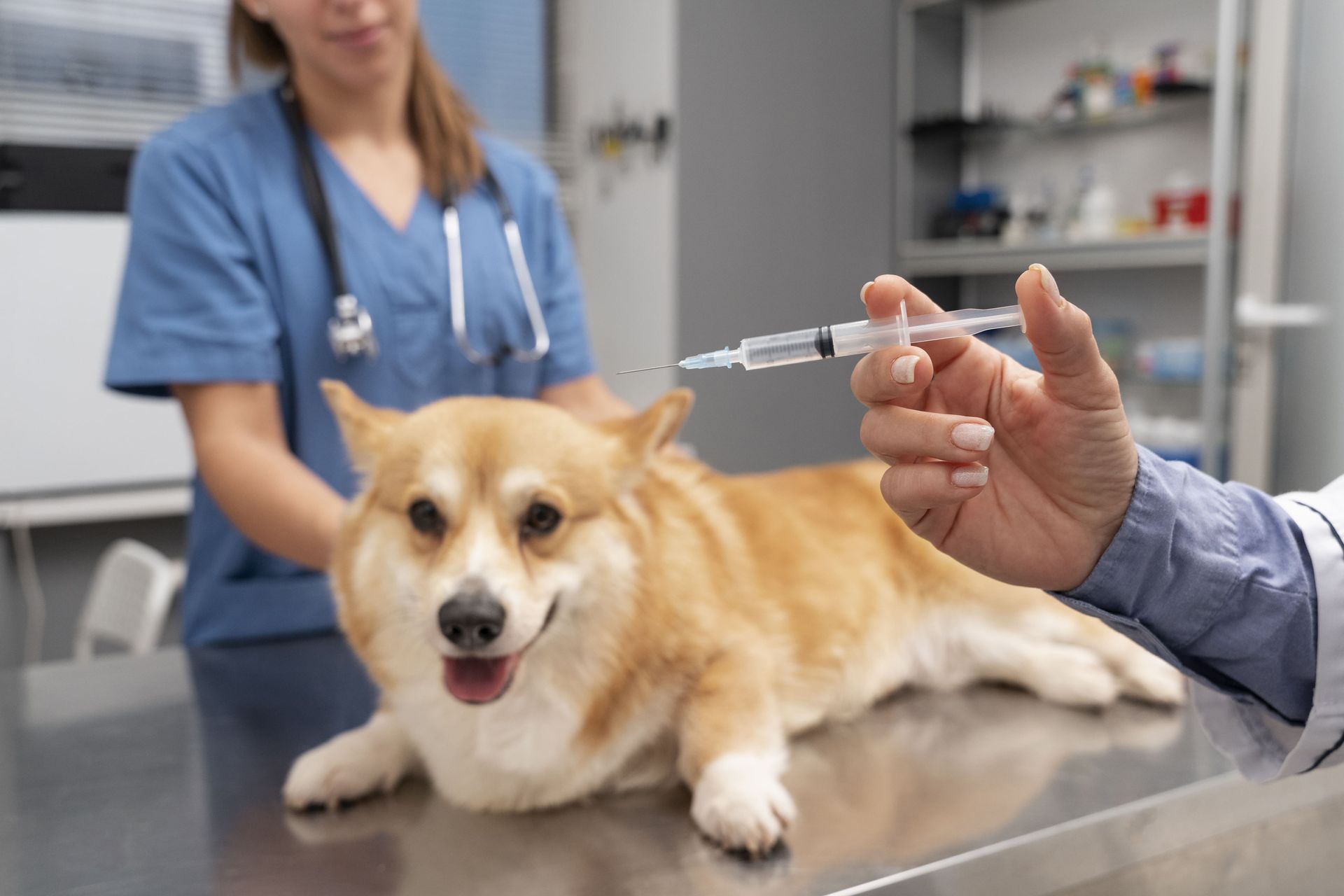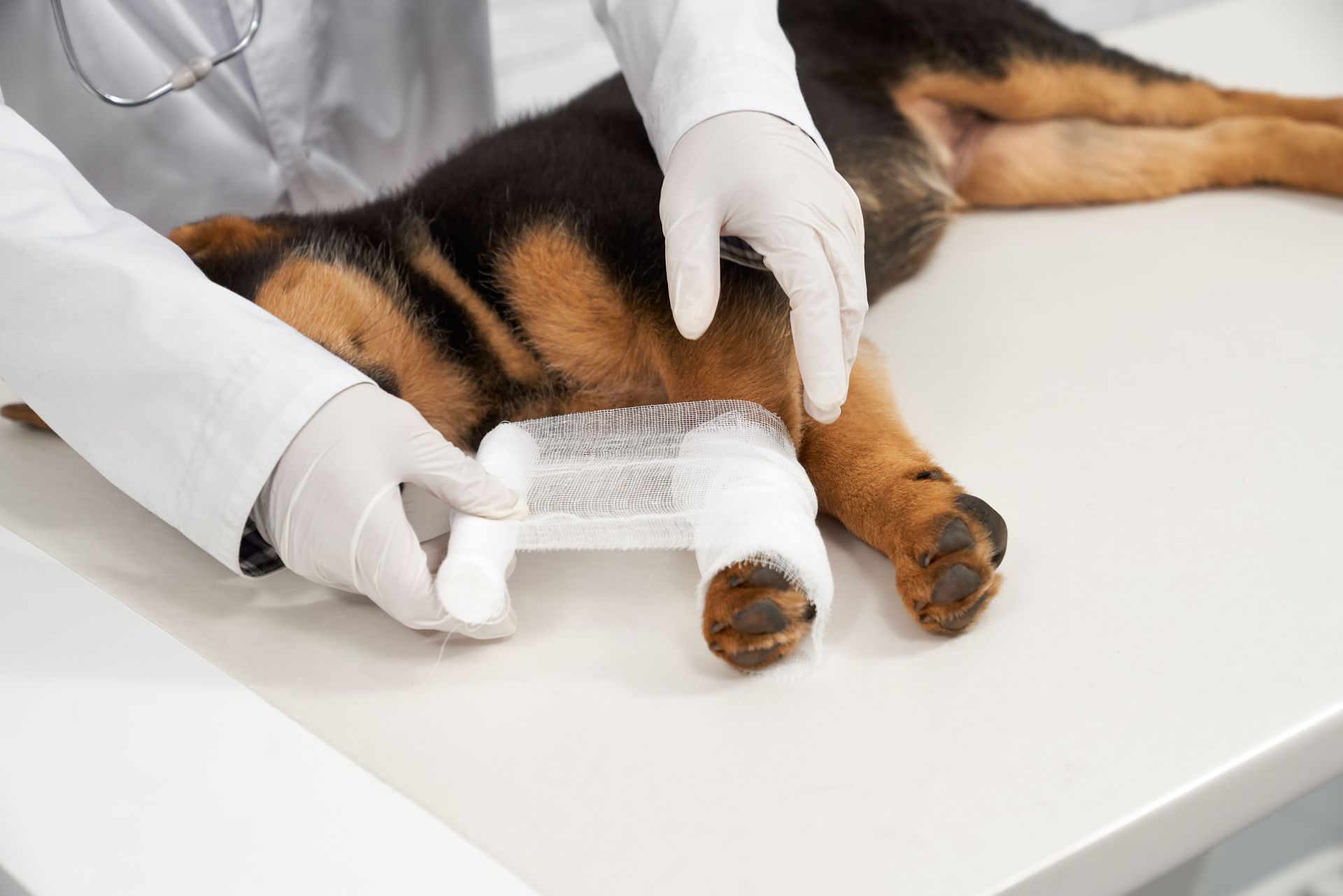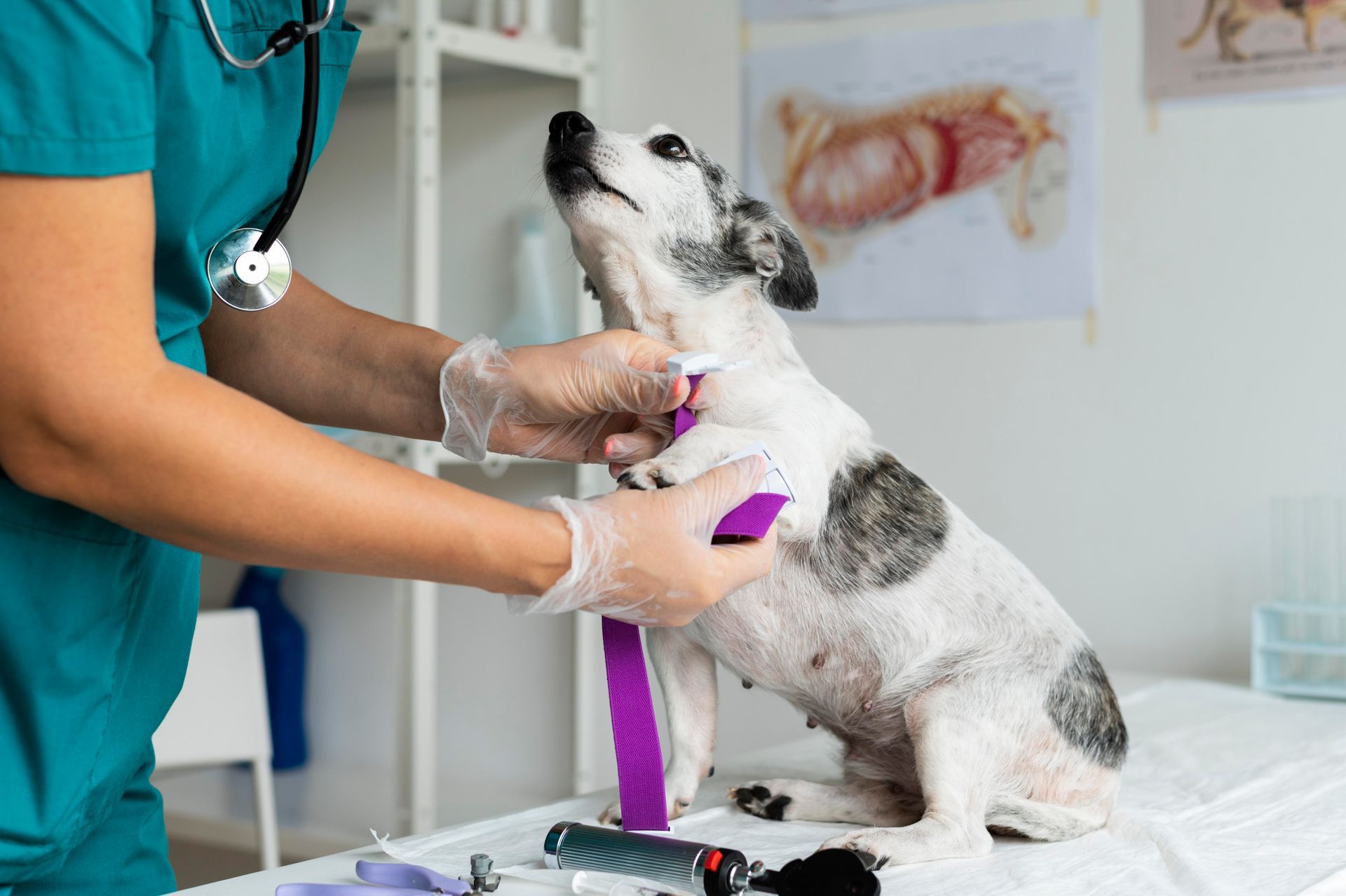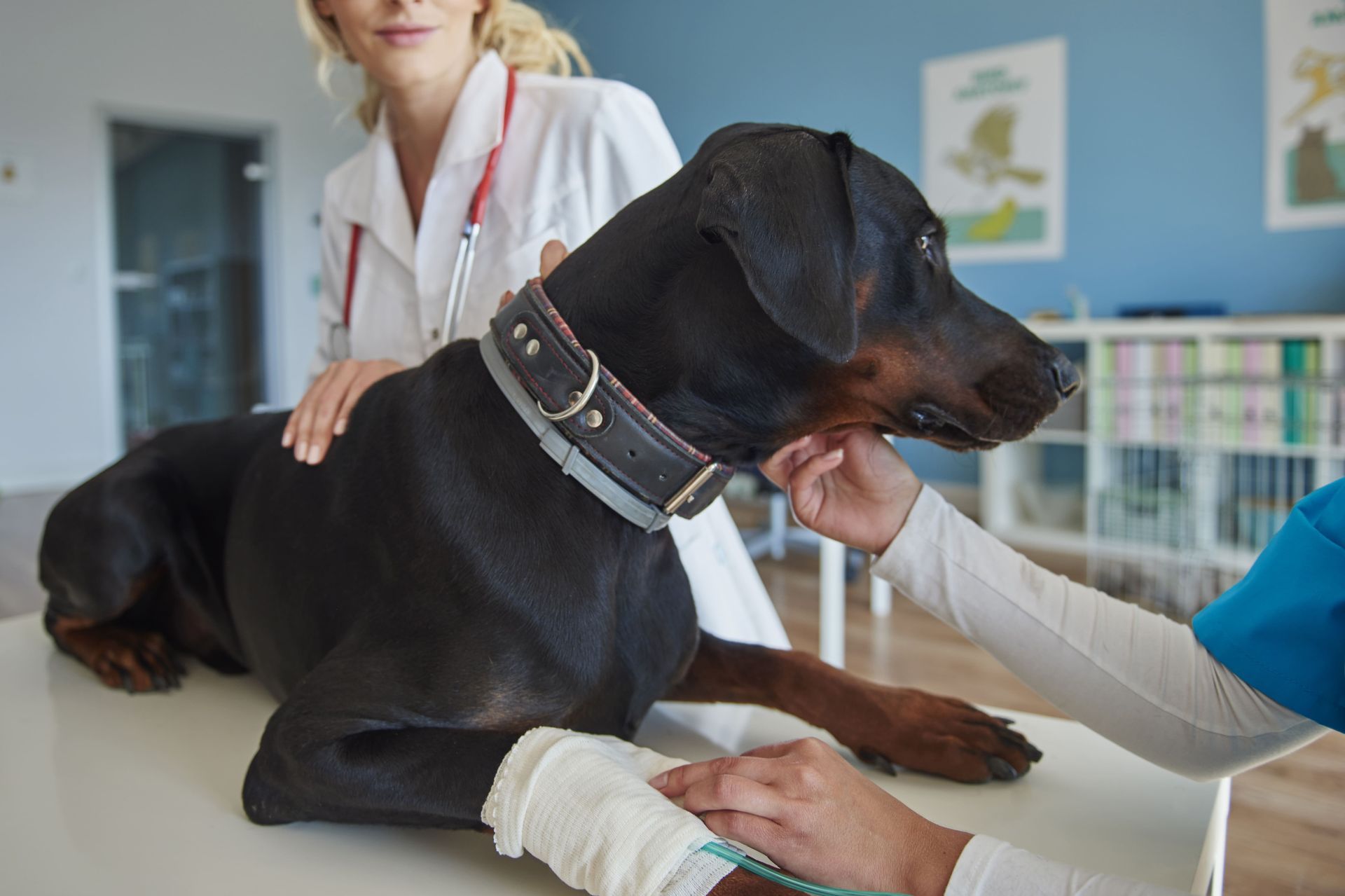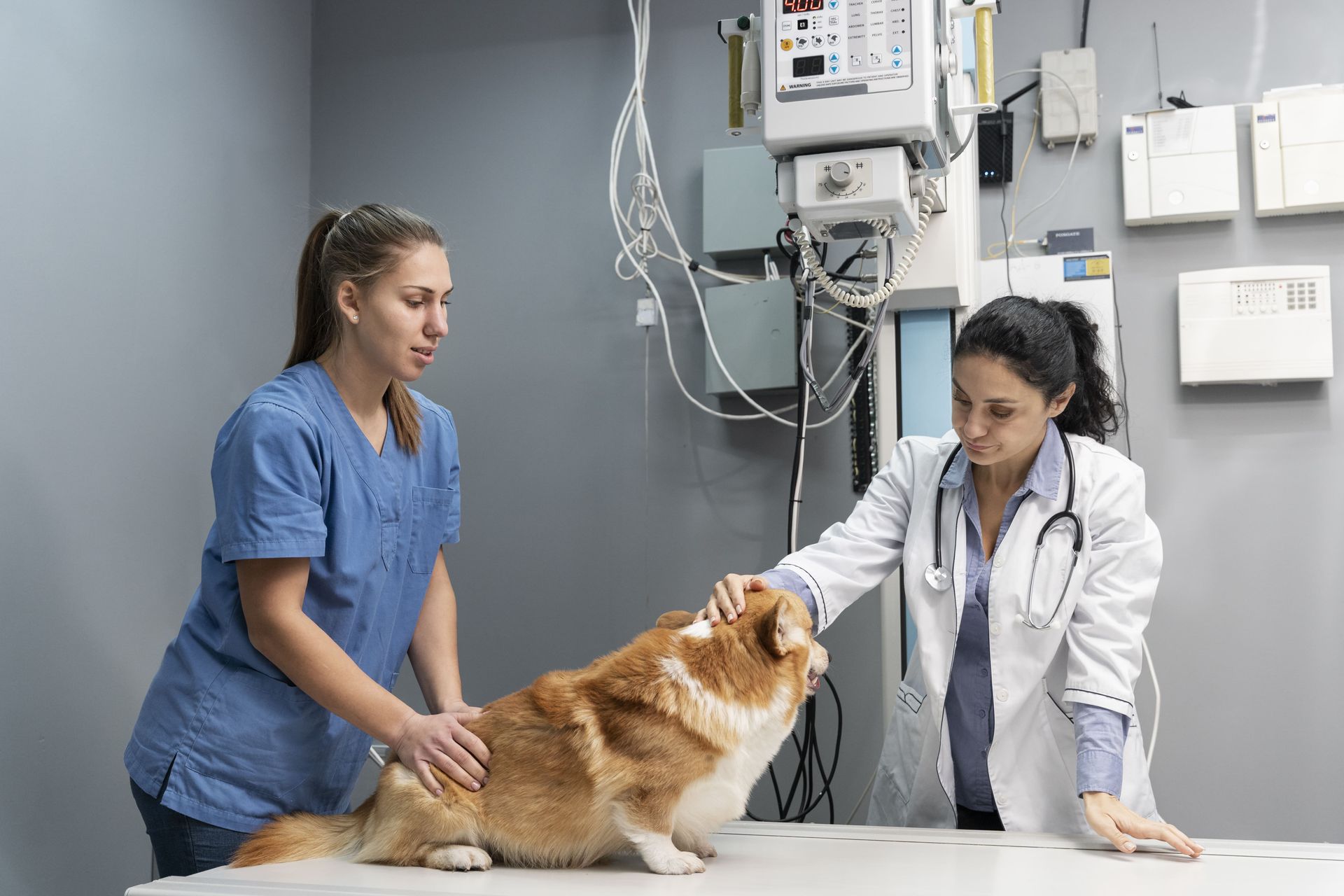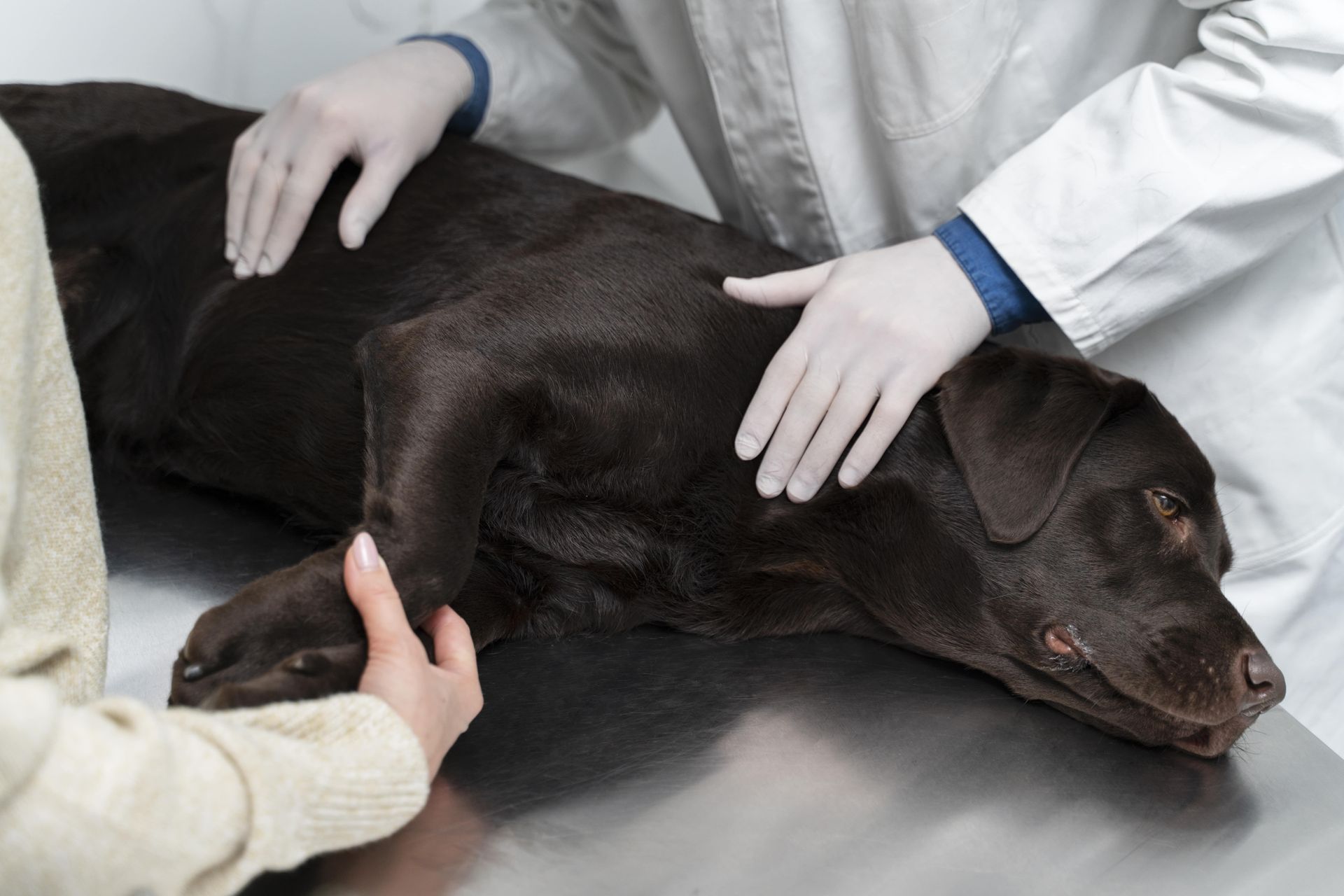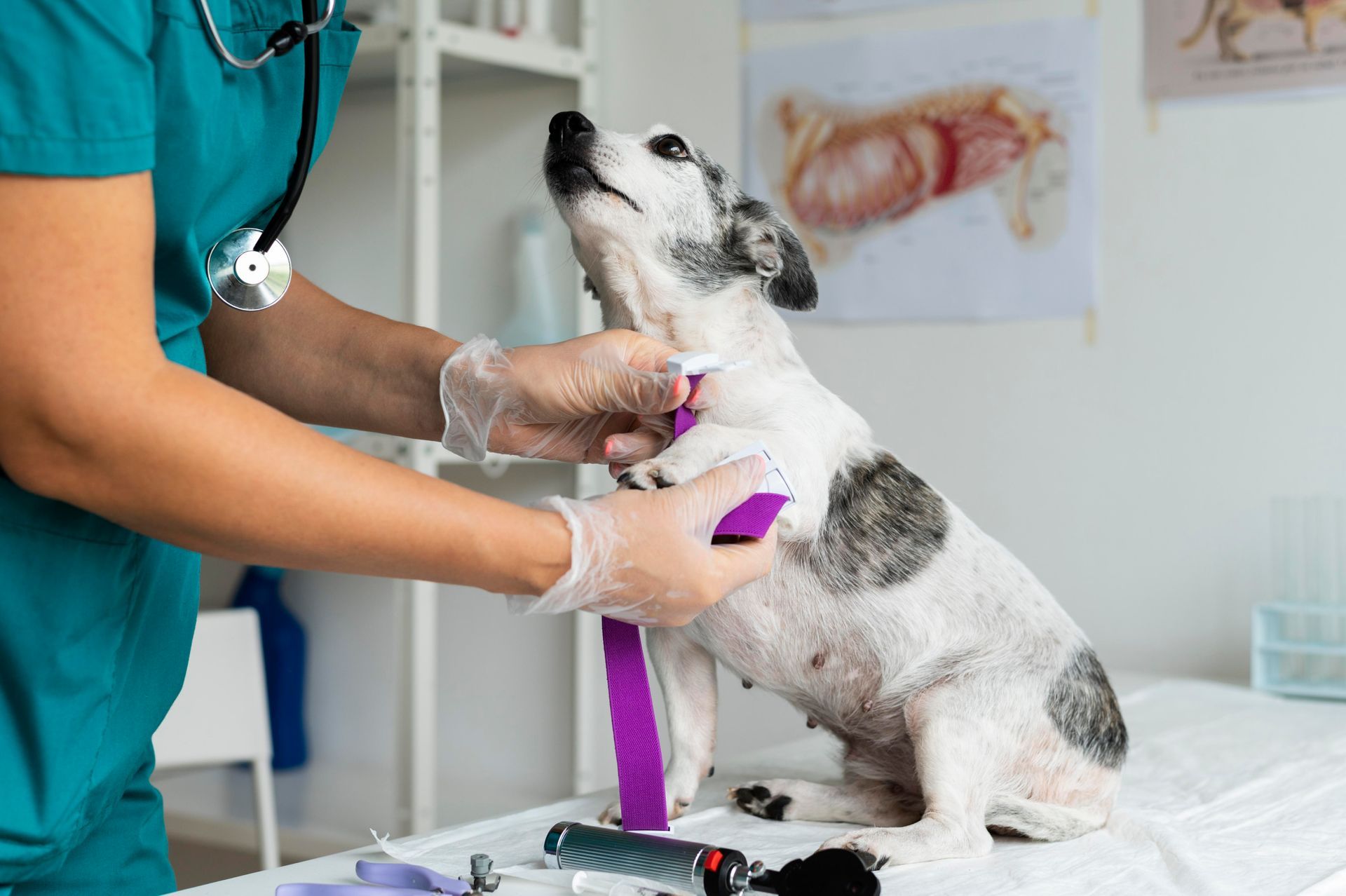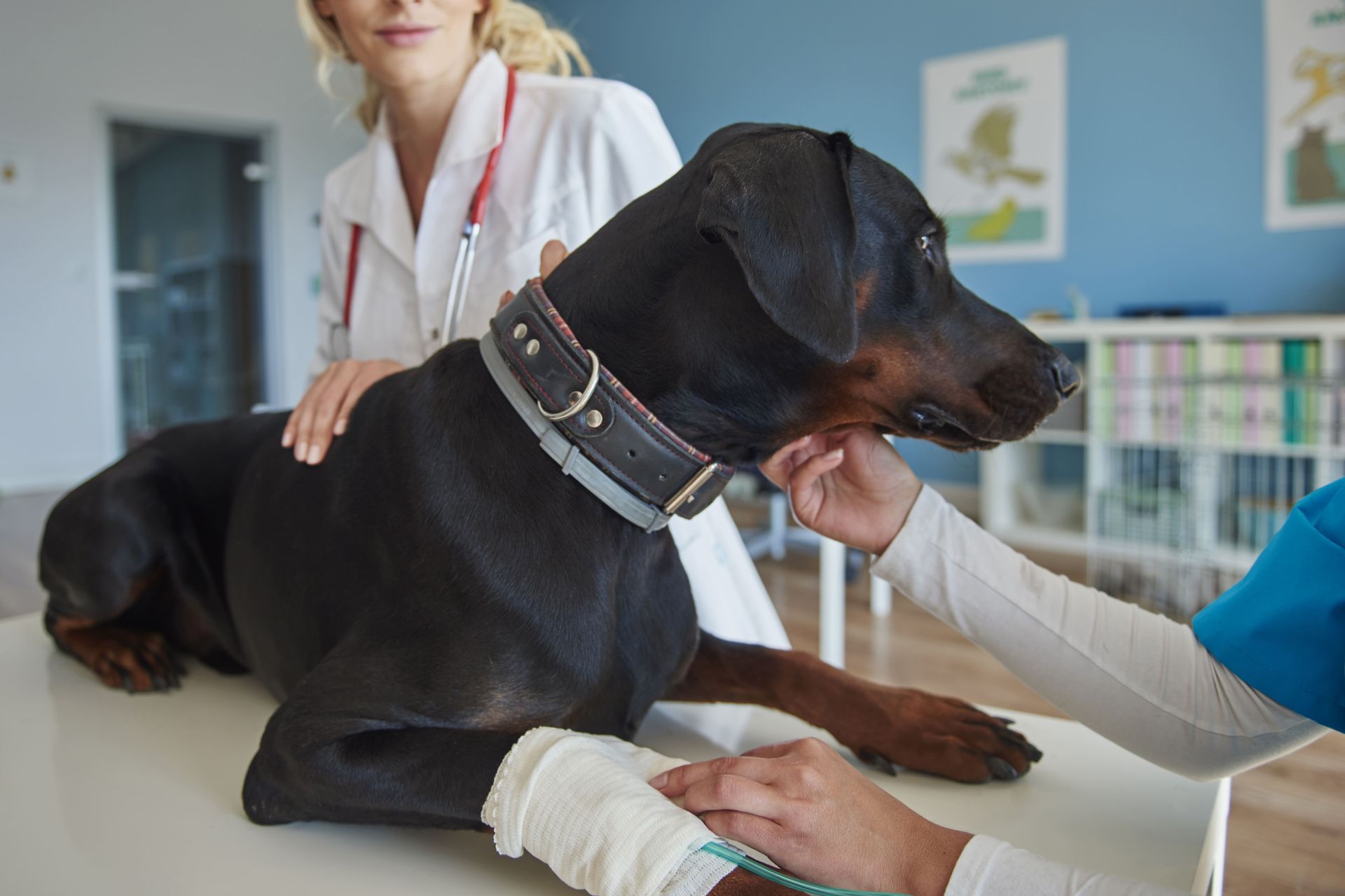How do Pet Diagnostic Services Ensure Your Pet's Health?
Ensuring your pet's health is a top priority for any pet owner. But how can you be sure that your furry friend is truly in the best of health? This is where pet diagnostic services come into play. These services offer vital insights into your pet’s well-being, catching potential issues before they become serious problems. Let’s explore what pet diagnostic services involve and how they contribute to keeping your pet healthy and happy.
Understanding Pet Diagnostic Services
Pet diagnostic services encompass a wide range of tests and evaluations that assess the health of your pet. From routine blood tests to imaging, these tests help veterinarians diagnose potential health issues early. By understanding the full scope of your pet's health, you can take appropriate measures to prevent more serious conditions.
Diagnostic tests are essential tools in a veterinarian's arsenal, providing the ability to view beyond what is visible externally. Insights from 4 Paws Imaging Center illustrate how these tests support early intervention and ensure pets live longer, more comfortable lives.
"When your pet can’t say what’s wrong, diagnostic tools help their body do the talking."
Common Diagnostic Tests for Pets
Veterinarians use a range of diagnostic tools to assess your pet’s internal health, uncover hidden issues, and guide effective treatment. Here are the most common diagnostic tests used in veterinary care:
1. Blood Tests (CBC & Biochemistry)
Blood tests are among the most vital diagnostic tools. A Complete Blood Count (CBC) checks for infections, anemia, and inflammation, while biochemistry panels evaluate liver, kidney, and pancreatic function. These tests provide an overview of your pet’s systemic health and help detect chronic or emerging illnesses.
2. Urinalysis
Urinalysis is used to assess kidney health, bladder infections, and metabolic disorders like diabetes. It gives insight into hydration status and urinary tract issues, helping identify early signs of disease that may not be apparent through physical examination alone.
3. Fecal Exams
Fecal testing is essential for identifying internal parasites such as roundworms, hookworms, and Giardia. Detecting these early is crucial, especially in puppies, kittens, and pets that spend time outdoors, to prevent gastrointestinal issues and transmission to other pets or humans.
4. X-Rays (Radiography)
X-rays are used to evaluate bones, organs, and internal structures. They can reveal fractures, tumors, heart enlargement, or foreign objects swallowed by curious pets. X-rays are non-invasive and provide immediate results, making them ideal for quick assessments in many cases.
5. Ultrasound
Unlike X-rays, ultrasounds give real-time, moving images of soft tissues and internal organs. They help evaluate heart function, abdominal structures, and fluid accumulation. Ultrasounds are painless and highly effective in diagnosing a wide range of conditions without the need for surgery.
6. MRI & CT Scans
These advanced imaging techniques provide highly detailed images of soft tissues, the nervous system, and internal structures. MRI is particularly helpful for brain and spinal cord evaluations, while CT scans are valuable for detecting cancer, internal injuries, or complex bone conditions.
7. Endoscopy
Endoscopy uses a small camera to view the inside of your pet’s digestive tract, airways, or other internal organs. It’s a minimally invasive procedure that allows for visual inspection and biopsy collection without requiring full surgery, reducing recovery time and discomfort.
Benefits of Early Diagnosis
Timely diagnosis is crucial in preventing, managing, and treating health conditions in pets. Here's how early use of pet diagnostic services benefits both pets and their owners:
1. More Effective and Less Invasive Treatments
When diseases are caught in their early stages, treatments are often simpler, less invasive, and more successful. Early intervention can mean the difference between a short course of medication and a complicated surgical procedure.
2. Improved Quality of Life
Regular diagnostics help pets live longer and healthier lives. Early detection reduces suffering and allows for better pain management, mobility, and daily comfort—improving the overall well-being of your furry friend.
3. Cost Savings Over Time
Addressing health issues early often leads to lower veterinary bills in the long run. Preventive care avoids the financial burden of emergency treatments, prolonged hospitalization, or managing advanced-stage illnesses.
4. Peace of Mind for Pet Owners
Knowing your pet is healthy or receiving timely care gives you confidence as a caregiver. It reduces stress and uncertainty, allowing you to focus more on enjoying your time with your pet rather than worrying about hidden health concerns.
5. Customized Treatment Plans
Early diagnostics enable veterinarians to tailor treatment strategies specifically to your pet’s unique condition, breed, age, and lifestyle. This personalized approach improves outcomes and ensures that your pet receives exactly the care they need.
6. Helpful During Life Transitions
Major events like surgery, travel, or aging can place stress on a pet’s body. Early diagnostics help monitor changes and ensure pets are healthy enough to handle these transitions, reducing risk and improving adaptability.
Choosing the Right Diagnostic Services
Selecting the right pet diagnostic services involves considering your pet’s specific needs and health history. Collaborating with your veterinarian to tailor a diagnostic plan ensures you’re addressing all potential health concerns. It’s important to understand the options available and how each test can contribute to a comprehensive view of your pet’s health.
Considering factors such as age, species, breed, and known genetic predispositions can all guide what types of diagnostics are most pertinent at any given time.
Veterinary facilities often provide detailed consultations that discuss the potential risks and benefits of various diagnostic tests, empowering pet owners with the insights needed to make informed decisions.
Making conscious choices about pet diagnostic services allows you to be a proactive participant in your pet’s health planning. Ultimately, leveraging comprehensive diagnostics can reassure you that all aspects of your furry friend's health are being considered and monitored rigorously.
Integrating Diagnostic Services into Routine Care
Incorporating regular diagnostic check-ups into your pet’s healthcare routine is crucial. This integration ensures that any changes in your pet’s health are monitored closely and addressed promptly. Regular visits to your veterinarian, combined with appropriate pet diagnostic services, form the foundation of a strong preventive health strategy for your pet.
These regular touchpoints provide not only an opportunity for health assessments but also a chance to reinforce the bond between you and your pet through attentive care.
At Lincoln Avenue Cat & Dog Hospital, our dedicated team employs advanced diagnostic protocols within routine care to intrude minimally on your pet’s lifestyle while maximizing insights gained from each visit. When pet diagnostic services are seamlessly integrated into regular check-ups, they offer a consistent picture of your pet’s health and facilitate early intervention.
" Routine doesn’t mean boring—it means being prepared, every step of the way. "
By adopting a rhythm of structured diagnostics, adjusted as your pet ages or their circumstances change, you ensure they receive personalized care designed to cater specifically to their evolving health needs.
Conclusion: Ensuring Peace of Mind Through Proactive Pet Care
With the support of pet diagnostic services, you can take proactive steps toward maintaining your pet's health. Regular check-ups, early diagnosis, and integrated care all contribute to your pet’s long and happy life. Being informed about your pet's health gives you confidence as a caregiver, helping you make the best decisions at every stage of their journey.
Because when it comes to your beloved companion, knowledge is power—and prevention is love. To learn how we can assist your pet with tailored diagnostic care, visit our website today.
FAQs
Q-1. What are pet diagnostic services, and why are they important?
Ans: Pet diagnostic services include medical tests like bloodwork, X-rays, ultrasounds, and more. They help detect diseases early and guide effective treatment strategies for your pet.
Q-2. How often should pets undergo diagnostic testing?
Ans: It depends on your pet's age, breed, and health status. In general, annual check-ups that include basic diagnostics are recommended, with more frequent tests for senior pets or those with chronic issues.
Q-3. Can diagnostic tests be done during regular vet visits?
Ans: Yes, many pet diagnostic services are offered as part of routine wellness exams. This includes blood tests, imaging, and urinalysis, allowing early detection with minimal disruption to your pet.
Q-4. Are pet diagnostic services expensive?
Ans: While some tests can be costly, early diagnosis often helps avoid more expensive treatments later. Many clinics offer bundled wellness packages or plans to make diagnostics more affordable.
